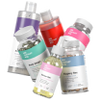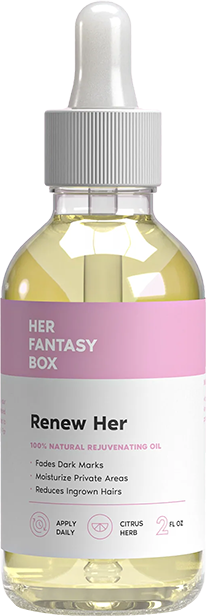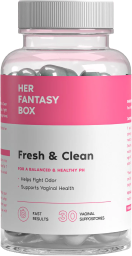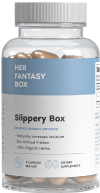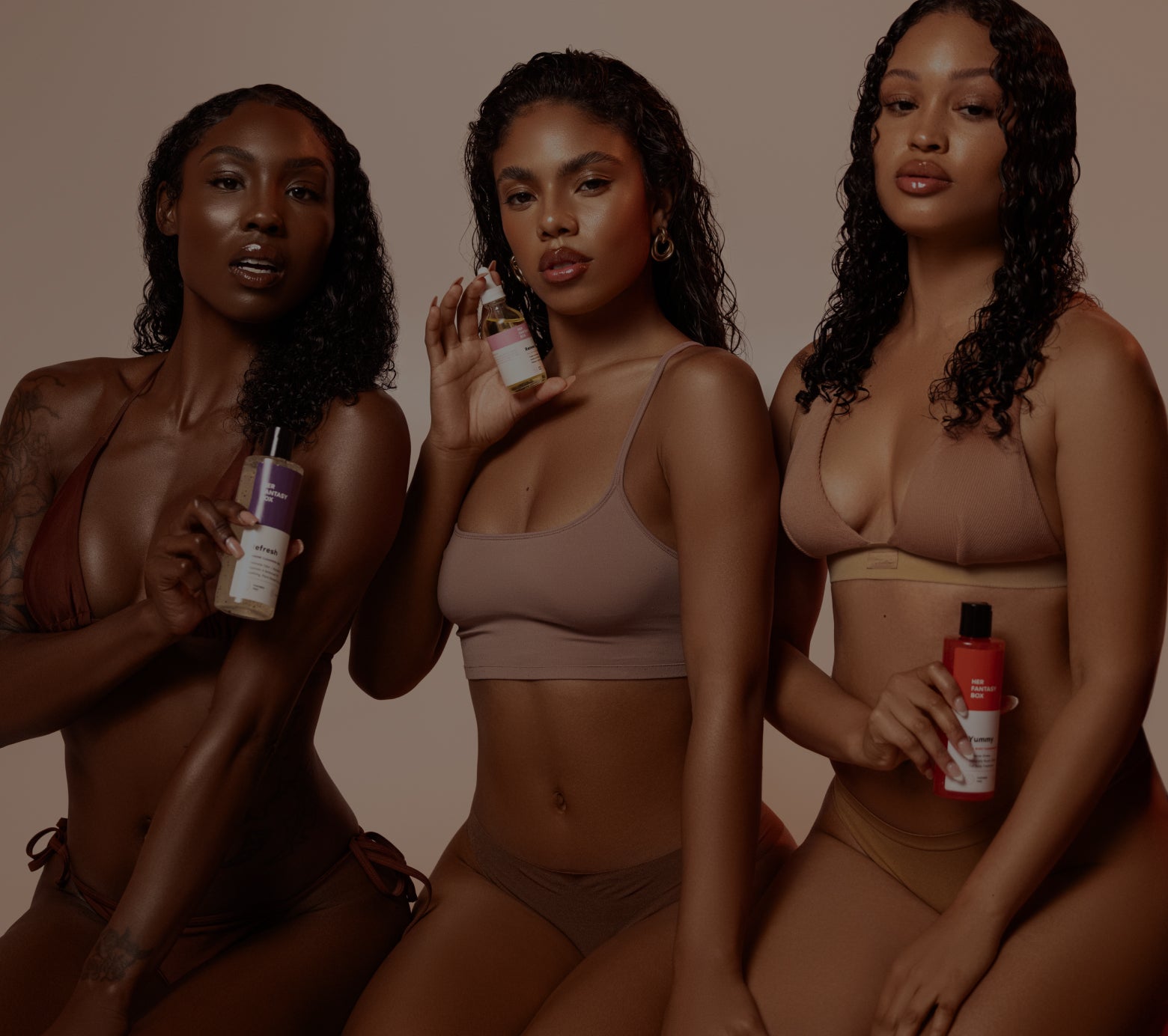Hey there, Fantasy Baes! We all know that what we eat plays a crucial role in our overall well-being, right? Well, it turns out our diet can influence intimate wellness, too. A balanced diet not only supports your body’s natural defenses but also helps maintain comfort and freshness. In this post, we’ll explore how nutrition connects to feminine wellness, spotlight the best foods to include, and touch on which ones are best enjoyed in moderation.
How Diet Impacts Intimate Wellness
The intimate area naturally maintains a slightly acidic balance that helps keep you feeling fresh and comfortable. Certain nutrients can support this environment, while others may create imbalance. Plus, a nutritious diet helps your body stay strong and energized overall.
Best Foods to Support Feminine Balance
- Yogurt: A probiotic powerhouse that supports good bacteria and a healthy internal balance. Choose plain, unsweetened yogurt for the best results.
- Leafy Greens and Vegetables: Spinach, kale, and other greens are packed with vitamins and minerals that help your body feel its best.
- Cranberries and Cranberry Juice: Known for promoting urinary comfort and overall freshness.
- Garlic and Natural Herbs: Foods like garlic, ginger, and turmeric are known for their naturally cleansing properties and help support body balance.
- Nuts and Seeds: Almonds, walnuts, and flaxseeds deliver healthy fats and vitamin E to support soft, hydrated skin.
- Fermented Foods: Sauerkraut and kimchi are rich in probiotics that nurture your natural balance.
- Fresh Fruits and Berries: Blueberries, oranges, and strawberries are loaded with antioxidants and vitamin C for immune and skin health.
- Water: Hydration is key! Drinking plenty of water helps your body flush out toxins and maintain natural moisture. Pair it with our Body Magic supplements to complete your wellness routine.
Foods to Enjoy in Moderation
- Sugary Foods: Excess sugar can throw off balance, so enjoy sweets in moderation.
- Processed Foods: Whole, unprocessed options help you feel your best inside and out.
- Coffee: A little is fine—just balance each cup with extra water to stay hydrated.
- Red Meat: Choose lean or plant-based proteins when possible for overall balance.
- Refined Carbs: Whole grains offer more nutrients and steady energy.
- Full-Fat Dairy: Lighter dairy or plant-based alternatives can feel gentler on your system.
Final Thoughts
Choosing a diet rich in whole foods, probiotics, and hydration can help you feel balanced, confident, and energized. Combine good nutrition with your favorite self-care rituals for total-body wellness.
Treat yourself like the queen you are! And for those looking to enhance their self-care routine, check out our Balance Bundle — an essential set designed to support daily freshness, radiant skin, and overall confidence.
Real Reviews, Real Customers
This content is for general wellness and cosmetic purposes only. Products mentioned are not intended to diagnose, treat, cure, or prevent any disease. Always consult a healthcare professional for personal medical advice.
